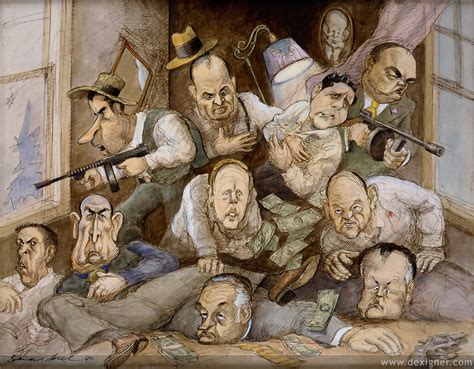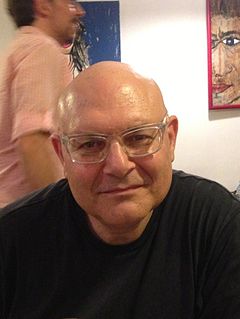A Quote by Jonathan Galassi
A translation needs to read convincingly. There's no limit to what can go into it in terms of background research, feeling, or your own interests in form and history. But what should come out is something that reads as convincing English-language text.
Related Quotes
Translation rewrites a foreign text in terms that are intelligible and interesting to readers in the receiving culture. Doing so is akin to committing an act of ethnocentric violence by uprooting the text from the language and culture that gave it life. Translating into current, standard English at once conceals that violence and homogenizes foreign cultures.
In translation studies we talk about domestication - translation styles that make something familiar - or estrangement - translation styles that make something radically different. I use a lot of both in my translation, and modernism does both. For instance, if you look at the way James Joyce presents Ulysses, is that domesticating a classic? Think of it as an experiment in relation to a well-known text in another language.
The discourse on the Text should itself be nothing other than text, research, textual activity, since the Text is that social space which leaves no language safe, outside, nor any subject of the enunciation in position as judge, master, analyst, confessor, decoder. The theory of the Text can coincide only with a practice of writing.
How do you make your kids read more? It needs to be presented as a joy and a privilege to get to do it, and the kids should get to see you as a parent reading for your own pleasure. It's not something you send your kids off to do, 'Go into your room and read for 15 minutes or else.' It becomes a task then.
You get another person who operates only in an African language and there are many persons who operate only in African languages; he or she is excluded from all the goodies that come with English. And even in terms of justice, law codes, the legal system. A person who does not know English in Africa is excluded from that system because he can only operate through acts of translation.
Al-Ghazali is the most important philosophical theologian of classical Islam, and Moderation in Belief is among his most important works. It sets out al-Ghazali's Ash?arite theology with unusual clarity and provides important background for such well-known works as his autobiographical Deliverance from Error and his attack on Avicenna in The Incoherence of the Philosophers. This first English-language translation, with notes that bring out the argumentation and background of the work, is thus very much to be welcomed.
Read a lot. But read as a writer, to see how other writers are doing it. And make your knowledge of literature in English as deep and broad as you can. In workshops, writers are often told to read what is being written now, but if that is all you read, you are limiting yourself. You need to get a good overall sense of English literary history, so you can write out of that knowledge.



































